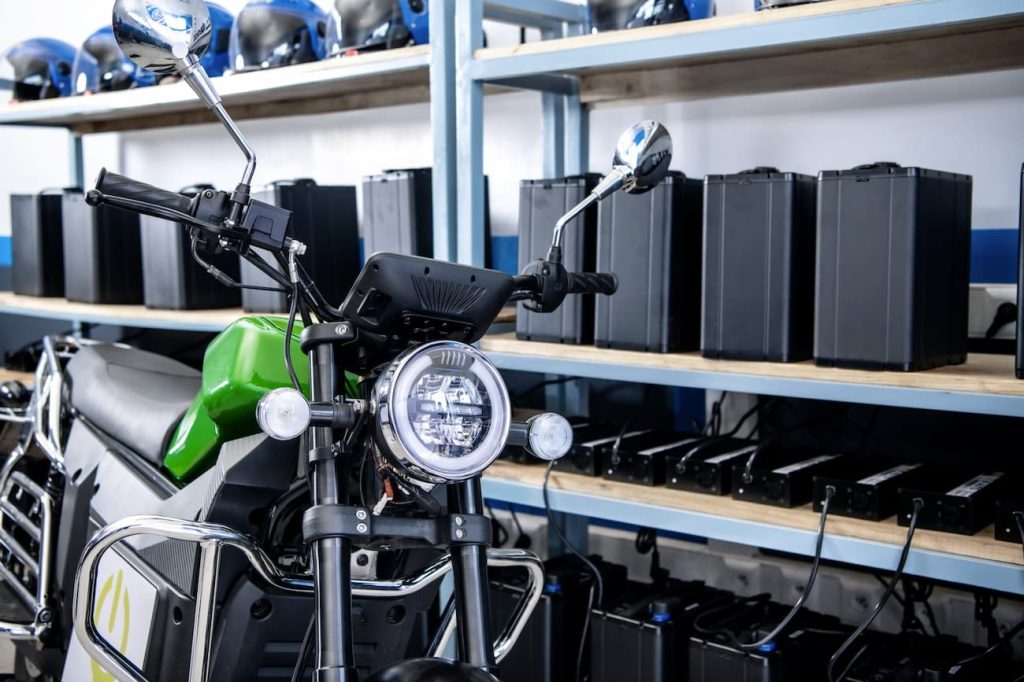The last time we heard from African electric motorcycle startup Spiro, the company was planning to roll out 140,000 e-motos in Uganda. Now Spiro is working to put even more bikes and battery swap stations on the road thanks to new funding.
The company just landed approximately US $63 million, in partnership with Societe Generale and GuarantCo, part of the Private Infrastructure Development Group (PIDG).
The funds will allow Spiro to significantly expand its fleet of electric motorbikes as well as the swappable batteries and swap stations designed to make those bikes even more useful to local riders. The expansion plans will largely take place in the African nations of Benin and Togo.

Africa’s electric motorcycle is leapfrogging much of the rest of the world, with companies such as Spiro, Roam, and Zembo offering battery swapping electric motorcycles that are built locally for the massive motorcycle taxi (boda boda) fleets.
I had the chance to speak with Spiro’s CEO Jules Saiman recently, who discussed the company’s growth plans with me.
As Saiman recently explained:
“This pivotal funding from GuarantCo and Societe Generale enables us to step up our commitment to decarbonise transportation. By adding at least 15,700 clean electric motorbikes, over 31,400 electric batteries and more than 1,000 swap stations to our existing fleet, we expect to significantly reduce greenhouse gas emissions. Furthermore, this venture allows us to generate numerous operational, maintenance, and technical support jobs, fostering local employment with a strong focus on gender inclusivity.”



The company expects installation of new charging/swap stations to create hundreds jobs in the area, as well as thousands of new jobs associated with operations and maintenance roles. Spiro says that it is aiming for at least 30% of these roles to be filled by women and is “offering technical and leadership programs to enhance their skills.”
Inclusion of women in the production of electric motorcycle has been a growing trend, with companies like Ola offering extensive training to fill its electric motorbike factories with female workers.

Read the full article here


